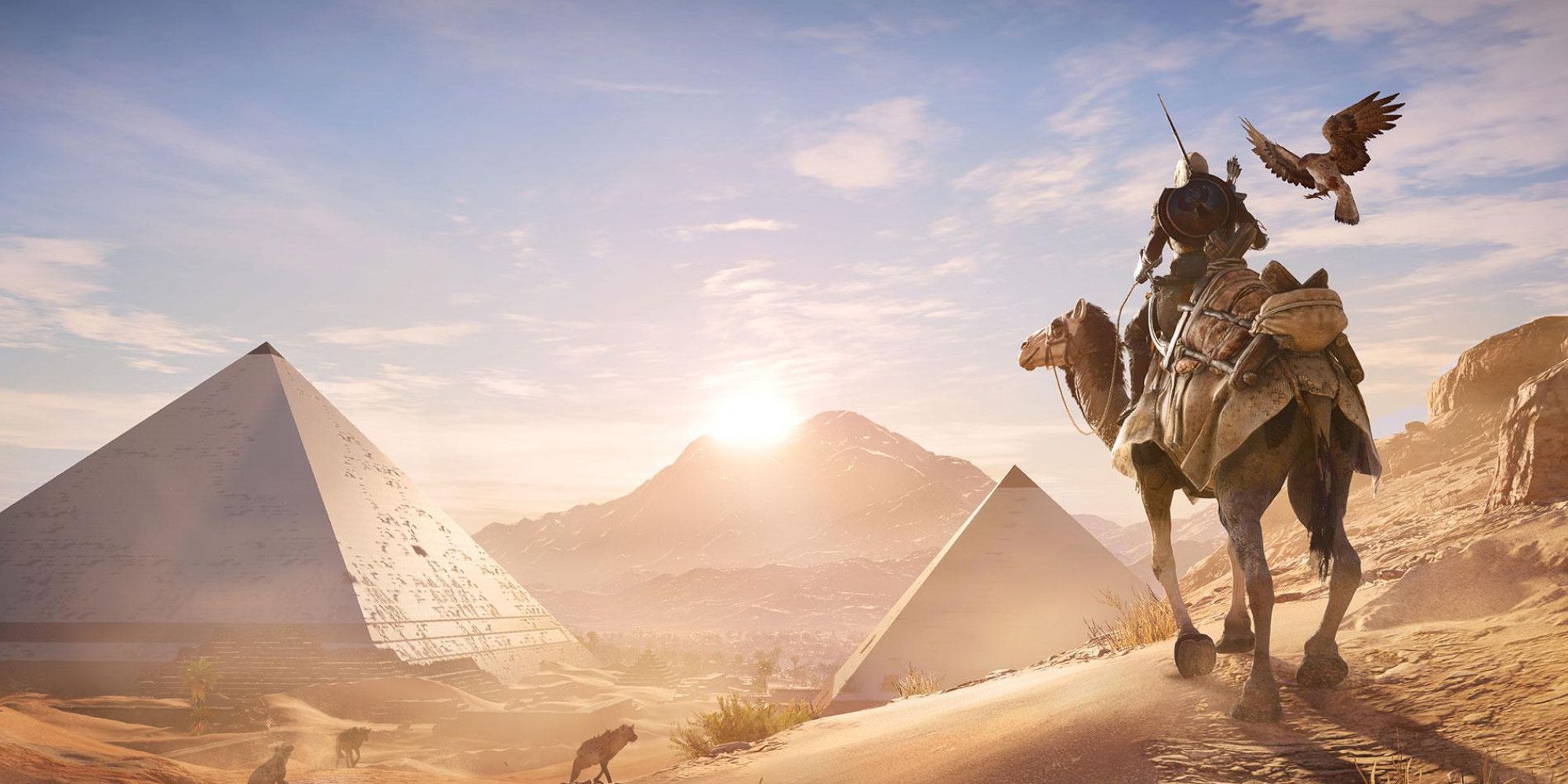Destiny changed how live-service and triple-A games work. It remains a major player, with the Lightfall expansion now only a few weeks away, but briefly cast your eyes back to the old days of 2014. Bungie initially launched a looter shooter sorely lacking in story, character, content, and with no reason to play beyond the monotonous endgame grind. The fundamentals were excellent, but everything surrounding it was coated in mediocrity.
Things improved with a few lukewarm expansions and the brilliant Taken King, but it wasn’t until a fully-fledged sequel and a few major updates that Destiny would settle into a live-service groove actually worth celebrating. It’s a game about equipping loot and watching all the numbers go up, repeating daily activities and quests alongside your friends to reach the highest echelon before a new season asks you to start all over again. Our own Eric Switzer is a huge fan of the game, and I’ve put dozens of hours into this series over the years with each new expansion threatening to pull me back in.
I’m not sure if I can ever forgive Destiny for its part in normalising loot systems in video games though, particularly those controlled with a mouse cursor as you continually don different types of colour-coded equipment each with their own tier of rarity. The purple thing is way better than the blue thing, so if I have to pop into the menu to change into these new boots. Then after only a few minutes pass, an enemy drops a new helmet which I obviously need to equip right now as it clearly outranks what I’m currently wearing. Destiny introduced a palpable breadcrumb trail of serotonin first pioneered in MMOs, but has now become a hallmark of regularly updated blockbusters that rely on us forming a personal connection with gear and classes in order to stick around. Bungie, for all its flaws, has nailed that idea.
Anthem, Remnant: From The Ashes, Cyberpunk 2077, Outriders, Assassin’s Creed, The Division, Far Cry, Warframe, and Dying Light 2 are just a few of the major games off the top of my head that adopt the loot system Destiny introduced without changing much at all. As human beings we love to be rewarded for minimal tasks, and in games that can boil down to finding a sick new melee weapon or armour that turns a once difficult fight into a cakewalk. Destiny does this in ways that instill FOMO in those who dare to step away, light levels in the run-up to raids becoming hollow badges of honour for those dedicated enough to run the same missions over and over in the hope that an exotic piece of equipment will drop.
Even games that aren’t always online or live-service have chased after the same philosophy, knowing that player retention isn’t always due to whether the experience is actually enjoyable, but if the player is in a continued state of risk, reward, and progress. It’s why a small set of fans kept trucking along with Marvel’s Avengers, arguably the most bankrupt example of wearing Destiny’s skin before parading it about the place. Your life is given meaning through digital goodies that mean nothing, but your perspective soon gives them purpose.
I vividly remember first playing Assassin’s Creed Origins and muttering to myself, ‘Oh they’ve gone and turned it into Destiny’ as I opened its inventory screen. I know that sorting rarities by distinct colours is a relatively easy way to distinguish between loot at a glance, and there’s value in how it can make us feel warm and fuzzy inside when the entire inventory is lined with shades of purple and gold, but to me it has always had a fleeting definition that I can only hold onto for so long.
It’s a very different story in single-player RPGs, where party members and all they achieve has a level of permanence so long as the saved data remains. Live-service loot is at the whims of the next update, and I hate how Destiny not only normalised that within its own landscape, but far, far outside of it, to the point where there’s no going back.



